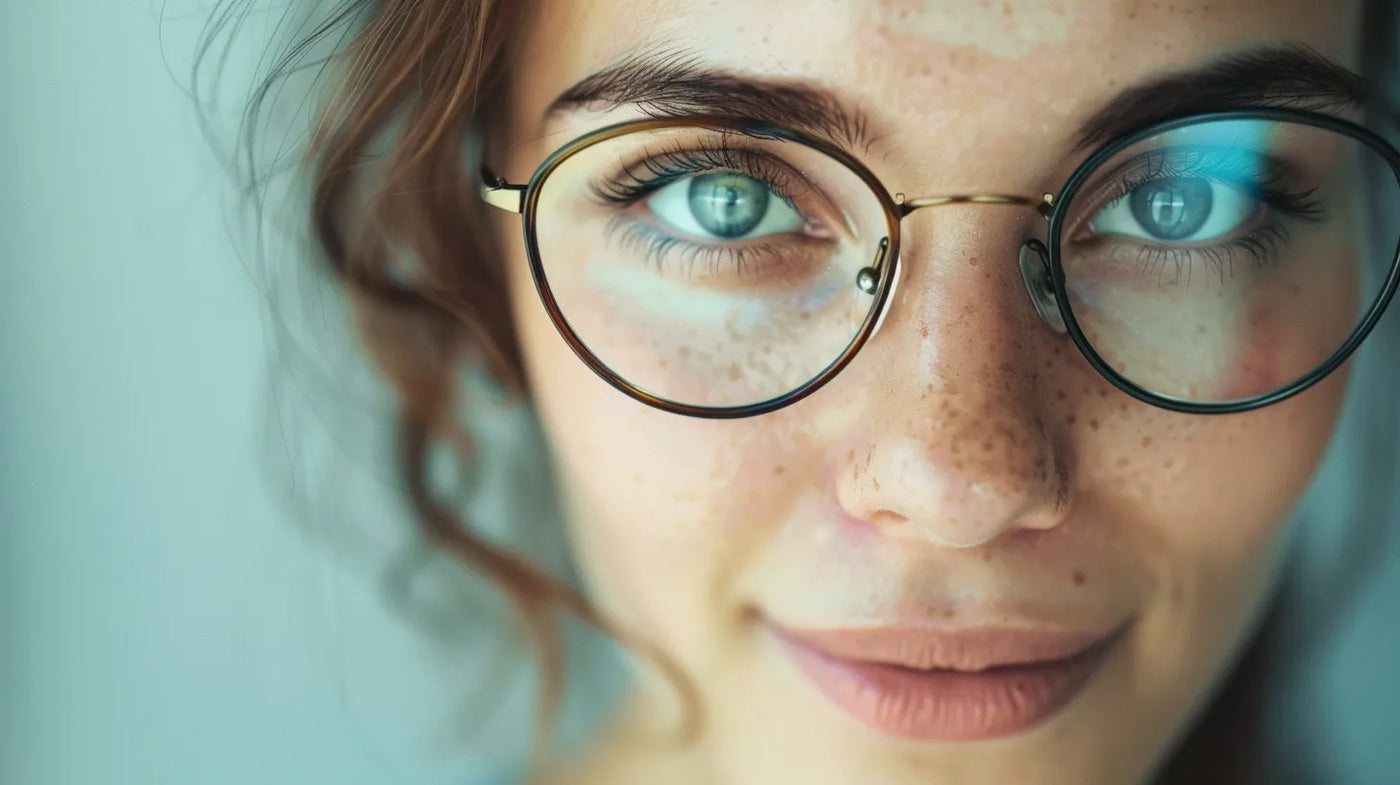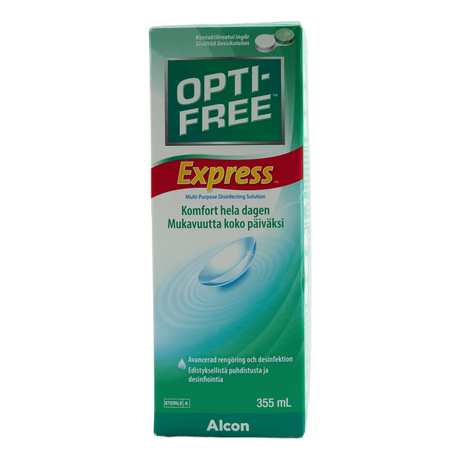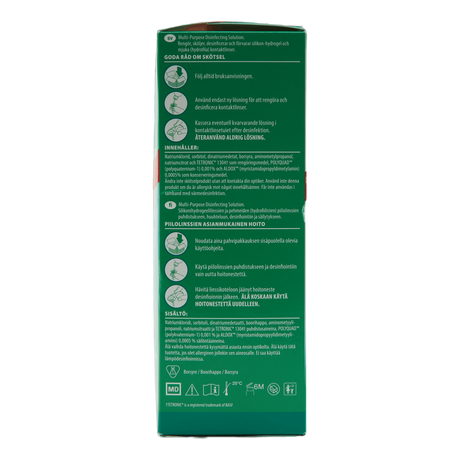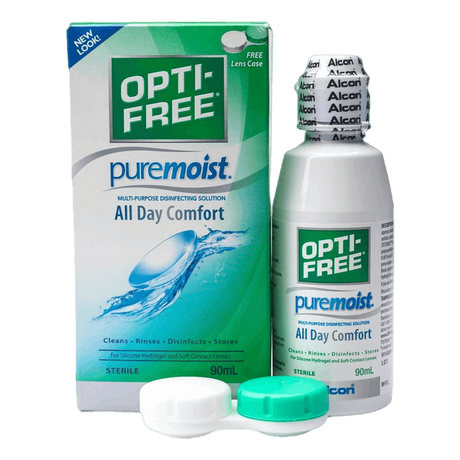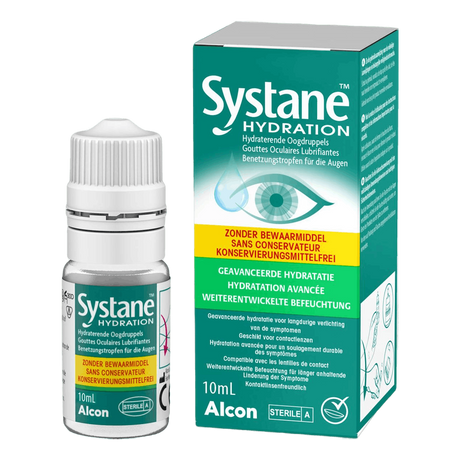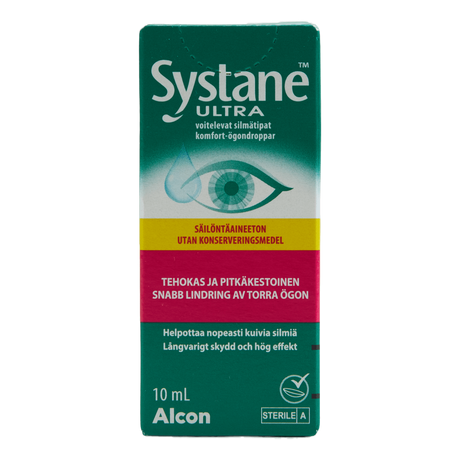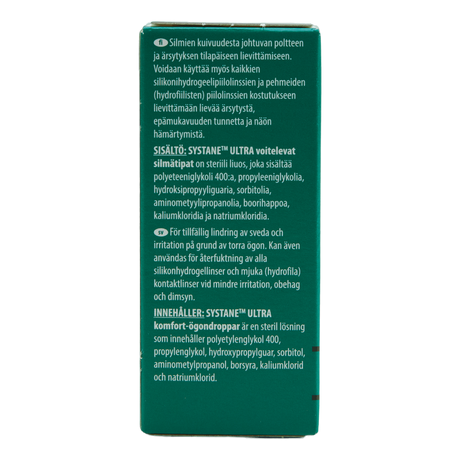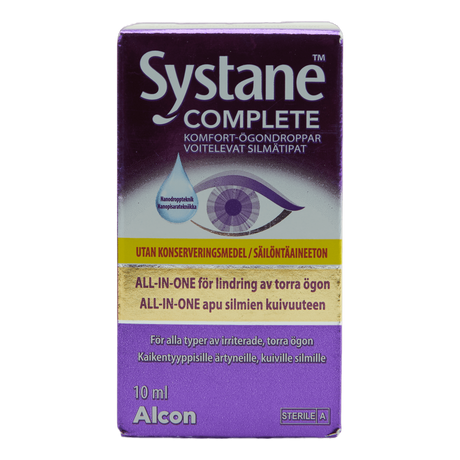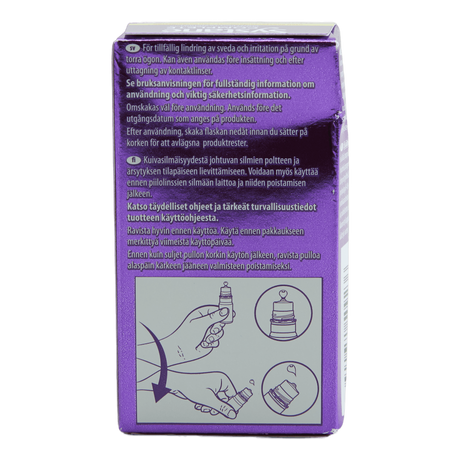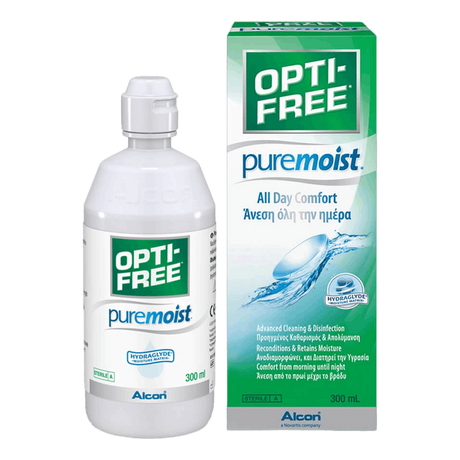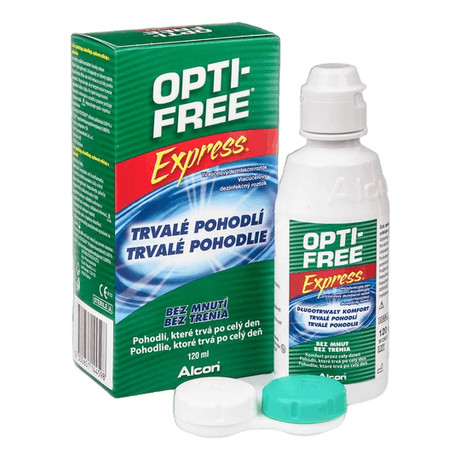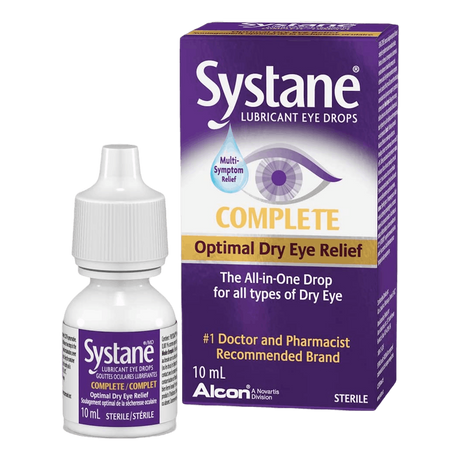Proper Fit is the Key to Comfortable Eyeglasses
Finding glasses with a perfect fit can seem challenging, but it's crucial for both comfort and visual quality. Here are some factors to consider when trying on glasses:
- The glasses should rest comfortably on your nose without sliding down
- The temple tips should reach just behind your ears without pressing
- The lenses should be centered in front of your eyes, neither too high nor too low
- There should be a small gap between your temples and the frame arms
If your glasses don't fit perfectly at first, ask an optician for adjustments. They can customize the nose pads, bend the frames, and ensure everything fits properly.
Adjust Your Glasses Regularly
Even if your glasses fit well initially, they may lose their shape over time. Regular adjustments help maintain the fit and prevent discomfort. Here are some signs that it's time for an adjustment:
- The glasses slide down your nose
- You feel pressure behind your ears or on your temples
- The lenses sit crooked or unevenly in front of your eyes
- You experience headaches or eye strain after wearing the glasses for a while
Most opticians offer free adjustments, even if you didn't purchase the glasses from them. Don't hesitate to ask for help if something doesn't feel right.
Care for Long-Lasting Comfort
How you care for your glasses also affects the fit and comfort over time. Keep in mind the following:
- Clean the lenses daily with a microfiber cloth and lens cleaner
- Always store your glasses in a hard case when not in use
- Put on and take off your glasses with both hands to avoid bending the frames
- Never place your glasses lens-down, as this can scratch them
With proper care, your glasses can maintain their shape and provide sharp vision for many years to come.
The Contact Lens Alternative
For some people, contact lenses can be a more comfortable alternative to glasses. Modern contact lenses are made from high-tech materials that allow plenty of oxygen to reach the eyes, providing good comfort even with extended wear.
Just like with glasses, proper fit is essential for contact lenses. An optician or eye doctor can help you find lenses that suit your eyes and lifestyle. There are lenses for various vision problems, such as nearsightedness, farsightedness, and astigmatism.
Benefits of Contact Lenses
- Provide a wider field of vision than glasses
- Don't fog up or get wet in the rain
- Perfect for sports and other physical activities
- Offer a "glasses-free" look for those who prefer it
Many people choose to have both glasses and contact lenses to alternate as needed and preferred. With the right fit, adjustment, and care, both options can provide excellent vision and comfort.
Tips for a Comfortable Visual Experience
Whether you choose glasses, contact lenses, or a combination of both, there are some things you can do to promote eye health and comfort:
- Visit your optician or eye doctor regularly for eye exams
- Take breaks from computer screens with the 20-20-20 rule: Every 20 minutes, look at something 20 feet (6 meters) away for 20 seconds
- Use moisturizing eye drops if you have dry eyes
- Eat a nutritious diet with plenty of vegetables for eye health
- Protect your eyes from UV rays with sunglasses when outdoors
Remember, your eyes are unique and valuable. By taking care of them and ensuring your glasses or contact lenses fit perfectly, you can enjoy clear and comfortable vision every day. At Netlens, we offer a wide selection of contact lenses from leading brands – we're happy to help you find the perfect lenses for your eyes!
